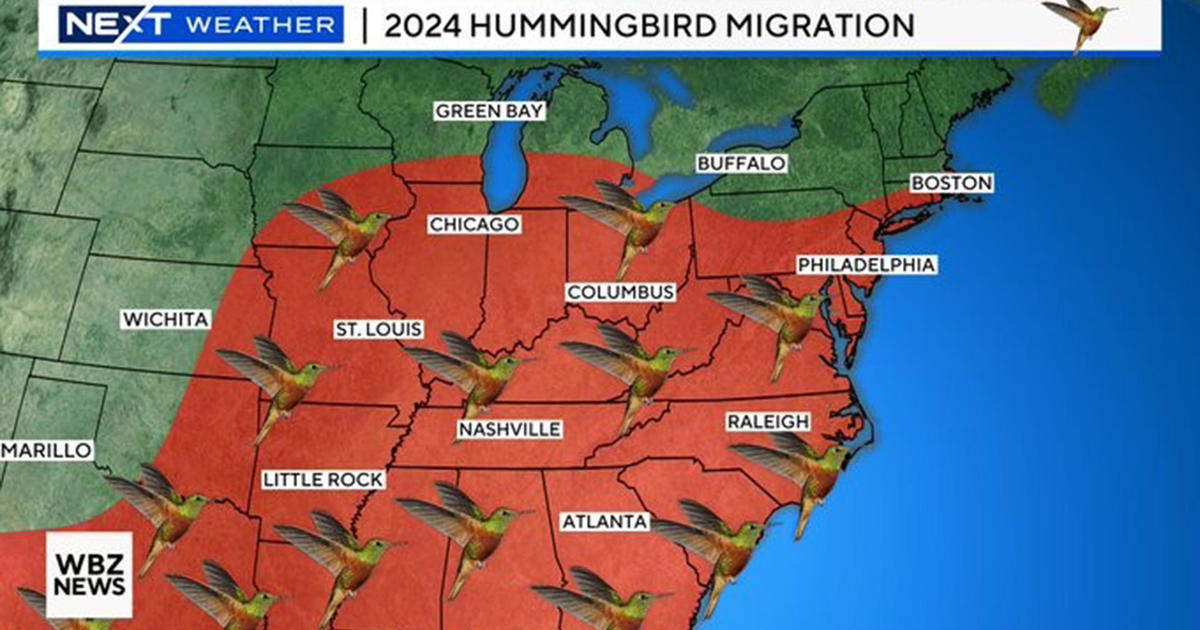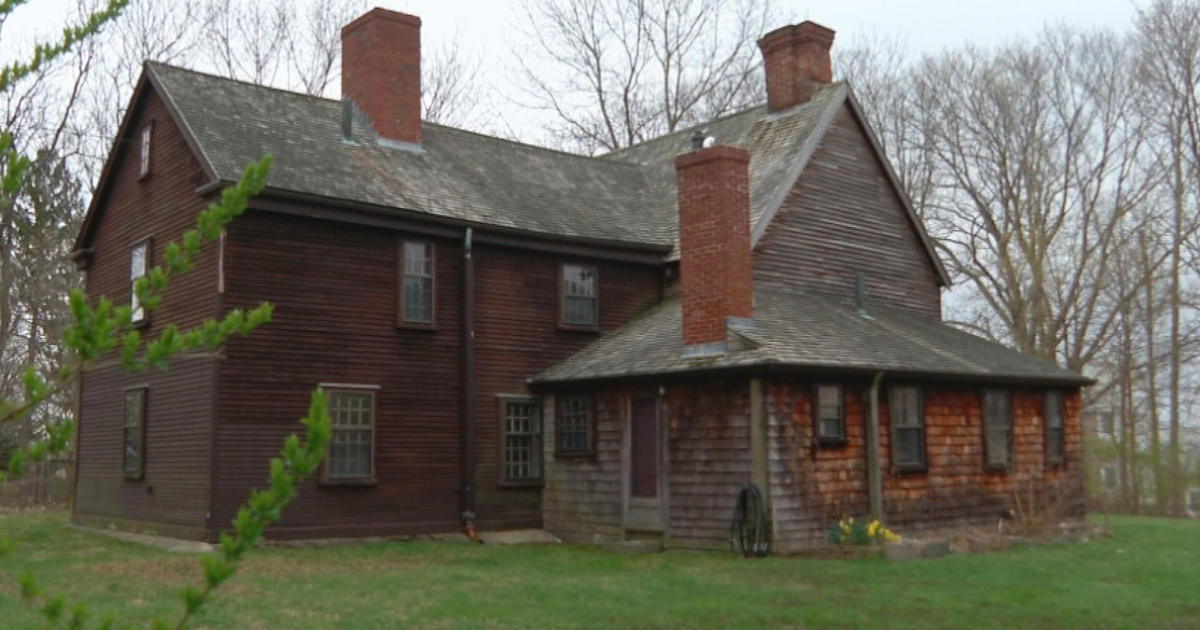Researchers Say New England Winters Getting Shorter
BOSTON (CBS) - When you think of a New England winter, one thing comes to mind: snow. But research is showing our winters are changing.
Read: WBZ's Winter Weather Predictions
You might say Al Jenks is something of an optimist. He's prepping the trails at Windblown, 25 miles of cross country trails nestled in the shadow of Mount Monadnock.
"There was a longer season 30-40 years ago, on average," Jenks told WBZ-TV.
What snow he gets now doesn't last as long.
"Now you just can't count on it," explained Jenks. "When the snow lands, it's just drop everything and go skiing because next weekend it just might not be there."
Boston University professor Pam Templer is running experiments at the Hubbard Experimental Forest in New Hampshire's White Mountains.
"Basically, over this 50-year period , there's 20 fewer days when snow covers the ground and its actually getting thinner," said Templer.
"Air temperatures in winter have increased by about 2.5 degrees Fahrenheit," added Templer.
Scientists have found other indications the winter season is getting shorter. There are now 22.5 fewer days of ice cover today than there were back in 1955 on Mirror Lake, for example.
Templer is in the process of creating a new experiment right in the heart of the woods. PVC tubing has been laid out in a grid formation and will actually heat the forest floor. The goal is to simulate a world with less snow so they can monitor the impact on trees and wildlife.
Part of the experiment includes collecting leaves in makeshift laundry baskets. "We measure the carbon and nitrogen levels,' said Templer.
The goal is to try and see into the future. "These trees are alive now and I don't think they will die because of winter climate change, but the question is how will the next generation of say sugar maples, which are so important for this region, respond," said Templer.
"Less snow means less money coming in," said Jenks. Whether it's the high cost of making snow for downhill ski resorts, or places like Windblown which can't even open, the impact of less snow on the region is widespread.
"We're used to having snow in the winter time. It just doesn't feel right that you can't go ice fishing," said Jenks. "There have been a number of cross country ski areas that have gone out of business."
There is a bit of irony with this research. It might seem that the goal is to see how the trees and insects respond to more warmth, but that's not the case.
Since snow acts like insulation, it actually moderates the temperature and protects the roots and small organisms from the harshest cold. Researchers will be looking to see what happens when this aspect of the environment is exposed to colder temperatures.



